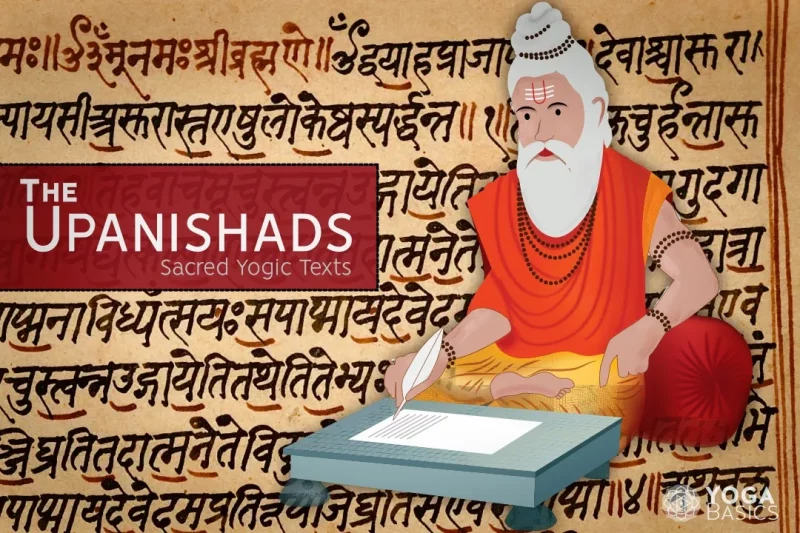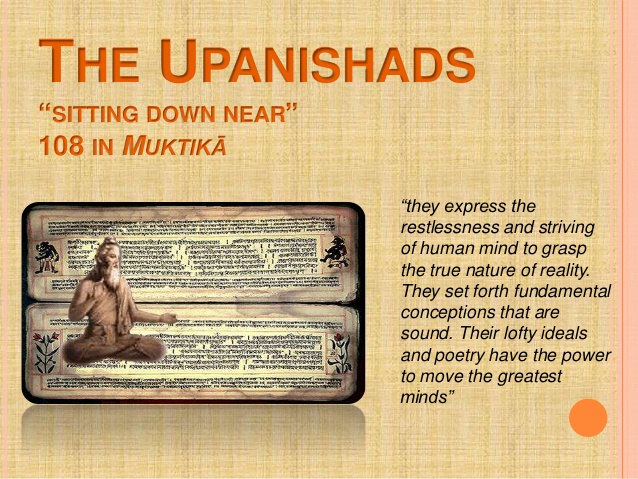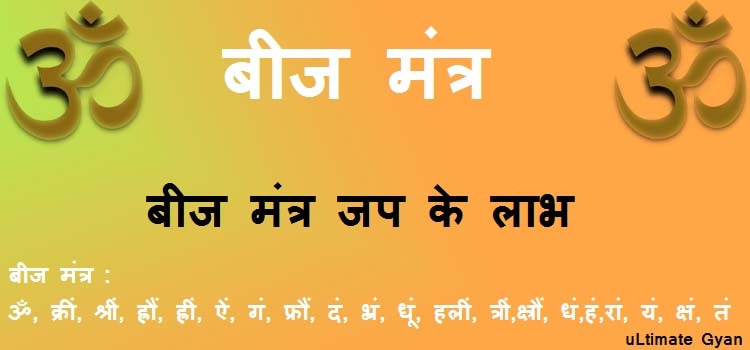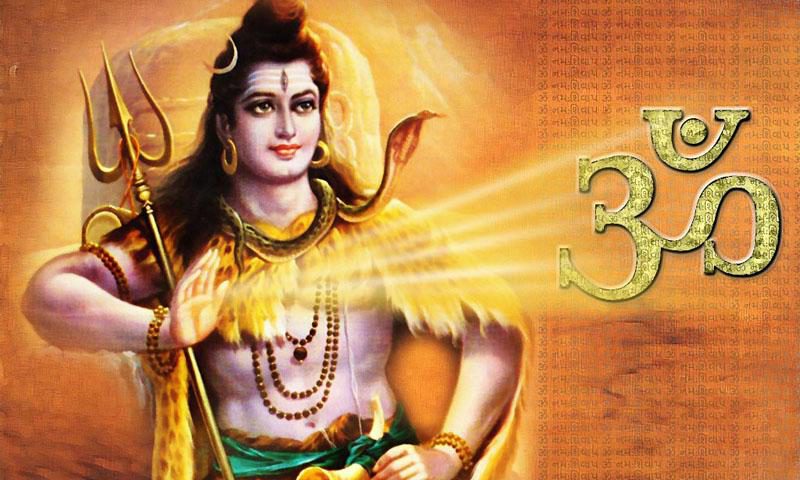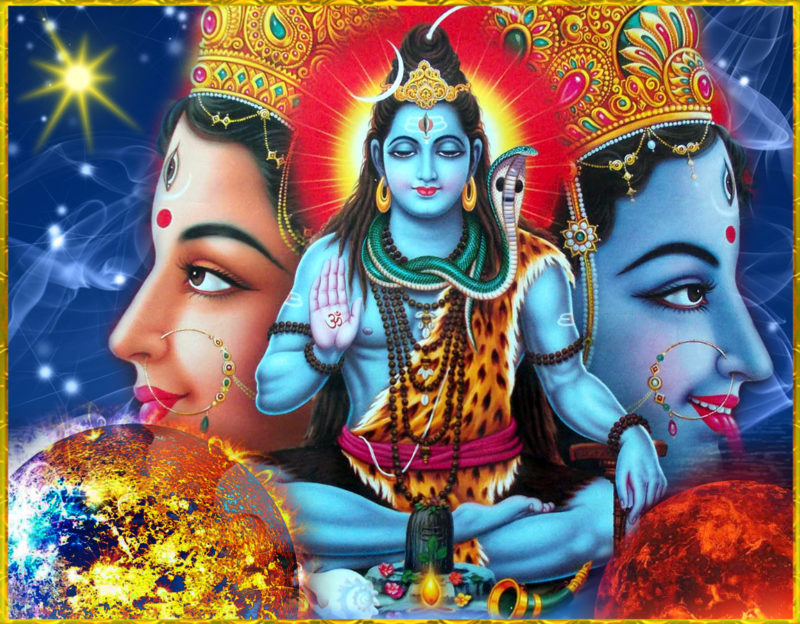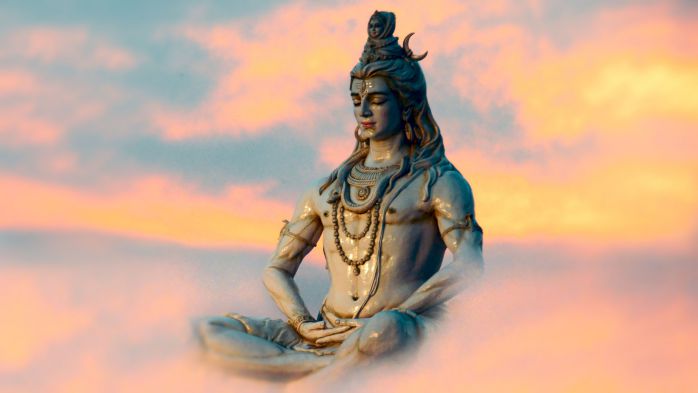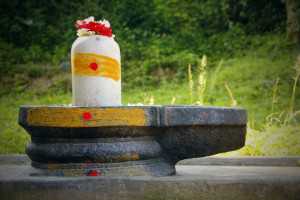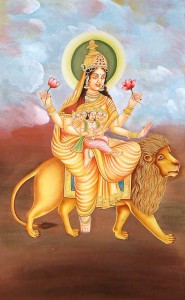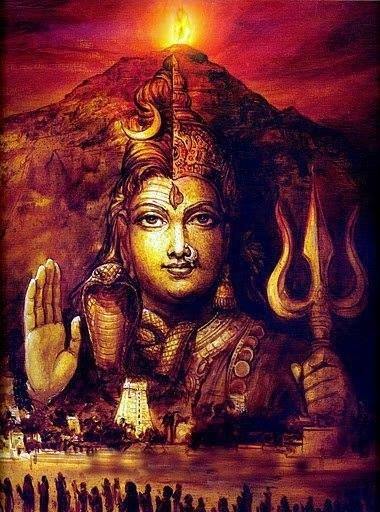No products in the cart.
Ancient Indian Literature, Ancient Indian Science, Daily Life and Practices, Hinduism, Sanskrit Texts, Spirituality
The Samkhya Philosophy and 24 Principles of Creation
Sankhya Philosophy is a dualistic philosophy of creation or causality that may be found in books as old as the Upanishads and the Bhagavad Gita. It was founded by the sage Kapila, who is said to be older than Buddha by academics. Yoga and Ayurveda both acknowledge it as a notion of creation. Sankhya means […]


